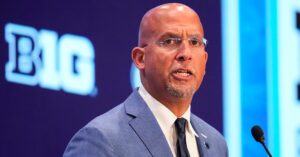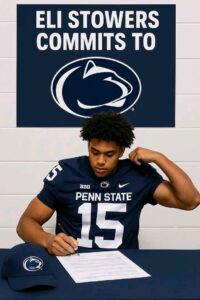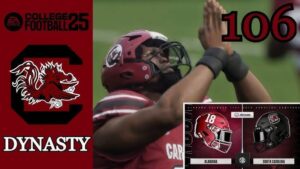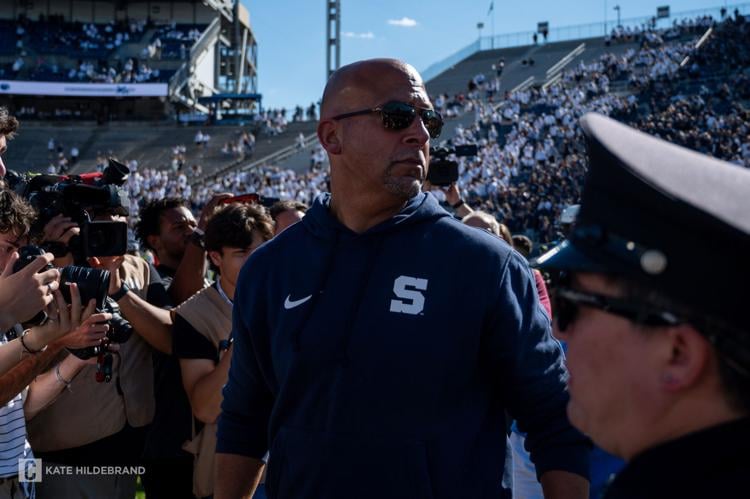
Just today: ‘I don’t like it at all’ | Approved House v. NCAA settlement defies James Franklin’s previous comments
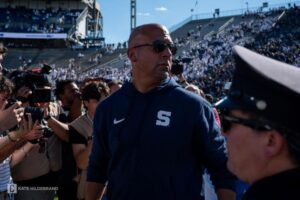
In a rapidly evolving era for college athletics, Penn State head coach James Franklin finds himself at odds with the direction the NCAA is heading, particularly in light of the recently approved settlement in the House v. NCAA antitrust case — a legal turning point that could forever alter the structure of college sports. The \$2.8 billion agreement aims to compensate past and present college athletes for the use of their name, image, and likeness (NIL), but for Franklin, it appears to contradict the core of what he has long stood for.
The settlement, which will see the NCAA and its conferences collectively pay billions to athletes over the coming years, has been widely hailed as a historic victory for players’ rights. However, Franklin, who has previously voiced strong opinions about preserving competitive balance, program sustainability, and educational priorities within college sports, now finds those views sharply contrasted by the terms of the deal.
“I don’t like it at all,” Franklin said in a press conference earlier this year when the potential structure of such settlements was being debated. “What concerns me is the lack of structure, the lack of guardrails. It’s like we’re trying to professionalize college football without building the proper foundation to support that kind of system.”
Now that the House v. NCAA settlement is moving forward, those concerns have resurfaced — and they’re more relevant than ever. Under the new arrangement, schools could be required to directly pay players, a dramatic shift from the traditional amateur model the NCAA has historically defended. While the ruling brings overdue compensation to thousands of student-athletes, critics like Franklin argue it could also create greater disparity between wealthy programs and smaller schools, and ultimately diminish the educational mission of collegiate athletics.
Franklin, known for his passionate defense of student-athletes and his forward-thinking approach to player development, isn’t against progress — but he has made it clear that reform without regulation poses serious risks. In earlier interviews, he warned about a system where “the richest programs dictate the landscape,” and questioned whether athletes would still be supported academically and emotionally in a model more closely resembling professional sports.
Supporters of the settlement, however, argue that fairness and justice have finally prevailed. “These players have been generating billions in revenue for decades,” said sports law analyst Julie Thomas. “To deny them a share of that based on outdated ideals was never going to hold up in court — and this settlement proves that.”
Still, for Franklin and others like him, the fight isn’t necessarily over. Many are calling for the NCAA or federal lawmakers to step in and establish a unified regulatory framework for NIL, revenue sharing, and recruiting practices, before the collegiate system fractures even further.
